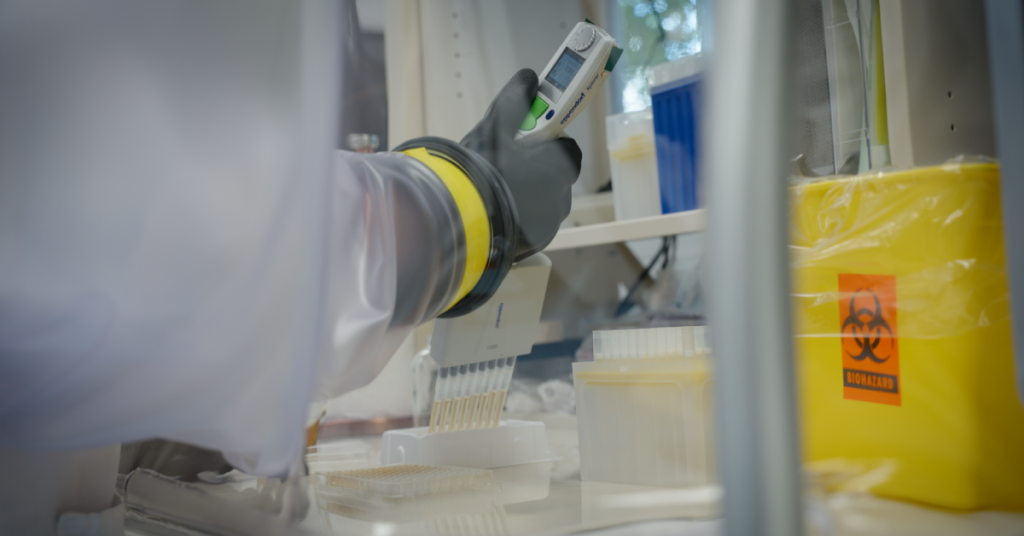S&P Global: “Lucidome Bio targets affordable, effective methane reduction vaccine”

In an S&P Global story published this month, Lucidome Bio’s CEO David Aitken spoke with Head of Animal Health Joseph Harvey about Lucidome’s plans to deliver an affordable, pasture-suited methane reduction vaccine for ruminants, offering a viable solution for emissions reduction in grazing systems which feed additives are not able to serve.
Aitken and Harvey discussed how advances in immunology and gene screening, combined with support from AgriZeroNZ and the Ag Emissions Centre, are unlocking technical feasibility for a novel vaccine that triggers a saliva-based antibody response to suppress methanogens in the rumen without affecting digestion or animal health.
With more than 80% of global cattle emissions occurring in pasture and mixed farming systems, Lucidome Bio’s vaccine could help fill a critical gap in the climate toolkit and support livestock producers, global food brands and governments in reaching their 2030 Scope 3 targets.
Our favourite excerpts appear below, shared with thanks to S&P:
- “The start-up is applying ‘proprietary data and artificial intelligence’ to accelerate development towards regulatory approval of its first vaccine.”
- “…the company’s vaccine is different to methane reducing feed additives because it can be applied to pasture-based farming. Mr Aitken noted there are around 1.5 billion cattle globally. Most of these cattle are on pasture-based or mixed farming systems, where farmers do not feed the animals every day. He also believes Lucidome Bio’s offering is more cost effective than other approaches.”
- “We think a vaccine is a great solution for pasture farming systems where farmers can’t use feed additives, but they do vaccinate their animals for animal health reasons. That customer pool will become even stronger as large companies increase pressure on their supply chains to reduce methane emissions. Around 500 agrifood companies already have supply chain commitments they need to deliver on.”
- “Our scientists have been doing exceptional, pioneering research. We’re focused on finding a mechanism that works. We’re really excited about it but it’s still early days. We’ve shown the key building blocks are achievable – now it’s about demonstrating the technology works, obtaining regulatory approval for the product, and getting these vaccines into the hands of farmers.”
Visit https://www.spglobal.com/ to read the full story (subscription required).
